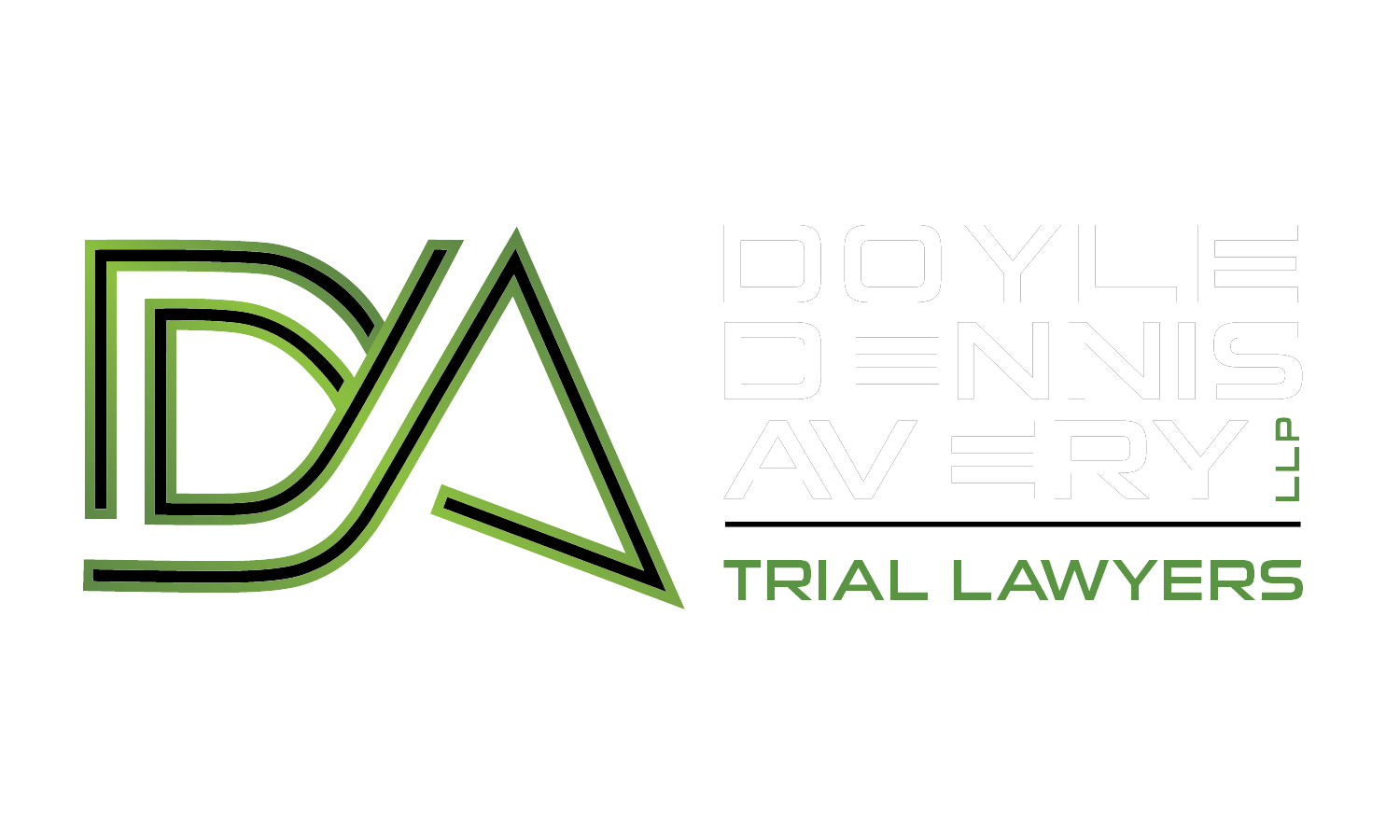Former Wiley College Employee Alleges Wrongful Termination for Reporting Gross Mismanagement of Second Chance Pell Program
Doyle Dennis Avery LLP recently filed an employment retaliation lawsuit pursuant to the National Defense Authorization Act (the “NDAA”) against Wiley College on behalf of its client, a former Wiley College employee. Wiley College employed Doyle Dennis Avery’s client as a Distance and Adult Education Coordinator. Specifically, the client facilitated the management of Wiley College’s Second Chance Pell Correctional Educational Programs, the Organization Management Program, and the Criminal Justice Administration Program at Shreveport.
The Second Chance Pell Program (“SCPP”) provides Pell Grants to incarcerated individuals and allows them to participate in postsecondary education programs. The SCPP provides second chances to many people. It opens many more opportunities for incarcerated people. According to Doyle Dennis Avery LLP’s lawsuit, Wiley College contracts with the federal government to obtain student financial aid.
During her employment, Doyle Dennis Avery’s client allegedly took several actions in furtherance of an action under the NDAA and the False Claims Act (the “FCA”). Specifically, the client repeatedly reported the alleged mishandling of SCPP and that funds were misused. According to the lawsuit, beginning in the Fall 2022 school semester, Doyle Dennis Avery’s client discovered students’ tablets were defective. Doyle Dennis Avery’s client allegedly received complaints that many of the tablets failed to turn on or work at all. As a result, many students allegedly could not receive nor complete their schoolwork for several months. Doyle Dennis Avery’s client allegedly reported this issue to Dr. Timothy Johnson, the Executive Director of Extended Education. In the lawsuit, the client also alleged that she reported that many SCPP students were not even enrolled in classes even though they were paying for them.
Instead of remedying the problem, Dr. Johnson allegedly ignored her complaints and told her that the school “could not afford” to drop the SCPP students. Put differently, even though the students were not receiving the education they paid for, according to Doyle Dennis Avery LLP’s client, Dr. Johnson insisted they remain enrolled. Thus, the client allegedly disclosed this evidence of mismanagement of the SCPP, a waste of Federal funds made for the SCPP, abuse of authority relating to the SCPP, and violations of laws, rules, or regulations.
Doyle Dennis Avery’s client also allegedly warned that Wiley College’s practices may result in the federal government’s review of the misuse of government-issued funds. The client allegedly warned Dr. Bradley that Wiley College’s facility personnel would complain about the problems within the SCPP to the college’s financial aid department and the federal government. In all, even though Wiley College allegedly received federal funds for the SCPP, the students allegedly enrolled in the program could not complete work or advance their studies. In other words, Wiley College allegedly kept students on the list of enrollments and received federal funds but did not provide the enrolled students the opportunity to complete their work.
In response to the client’s protected activity under the NDAA and the FCA, Wiley College allegedly terminated her a few months after her report. Wiley College’s alleged retaliation is an attempt to punish the client for speaking up and deter others from reporting Wiley College’s alleged gross mismanagement of a federal contract.
The NDAA provides that “an employee of a contractor, subcontractor, grantee, subgrantee, or personal services contractor may not be discharged, demoted, or otherwise discriminated against as a reprisal for disclosing to a person or body described in paragraph (2) information that the employee reasonably believes is evidence of gross mismanagement of a federal contract or grant, a gross waste of federal funds, an abuse of authority relating to a federal contract or grant, a substantial and specific danger to public health or safety, or a violation of law, rule, or regulation related to a federal contract (including the competition for or negotiation of a contract) or grant.” See 41 U.S.C. § 4712. If you reported any of these issues to: (a) a member of congress or a representative of a committee of congress. (b) an inspector general. (c) the government accountability office. (d) a federal employee responsible for contract or grant oversight or management at the relevant agency. (e) an authorized official of the department of justice or other law enforcement agency. (f) a court or grand jury. (g) a management official or other employee of the contractor, subcontractor, grantee, subgrantee, or personal services contractor who has the responsibility to investigate, discover, or address misconduct, then please contact Doyle Dennis Avery LLP today to learn more about your potential legal claims.
Copyright © 2025 Doyle Dennis Avery LLP Trial Lawyers. All rights reserved. Powered By Blue Beam LLC
The information on this website is intended for general informational purposes only and is not legal advice for any individual case or situation. Viewing or receipt of content on this website does not create an attorney-client relationship between the user and Doyle Dennis Avery LLP.
The cases, verdicts and settlements displayed on this site are solely for illustrative purposes and should not be considered a guarantee or prediction of the outcome of any other claims or cases. Each case is unique, and past outcomes are not indicative of future results.
We recommend that users consult with an attorney for legal advice on any questions or concerns they may have. Users rely on the information on this website at their own risk.
